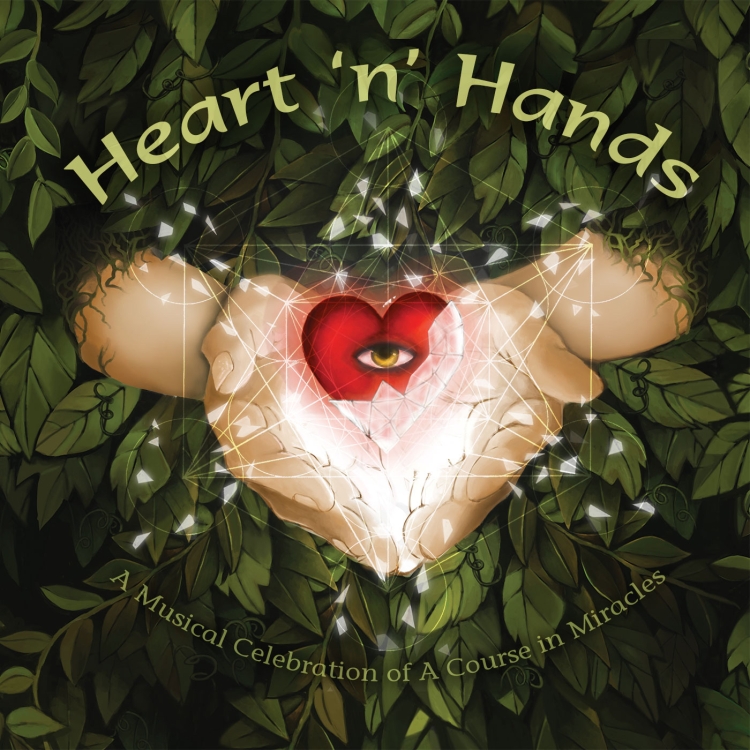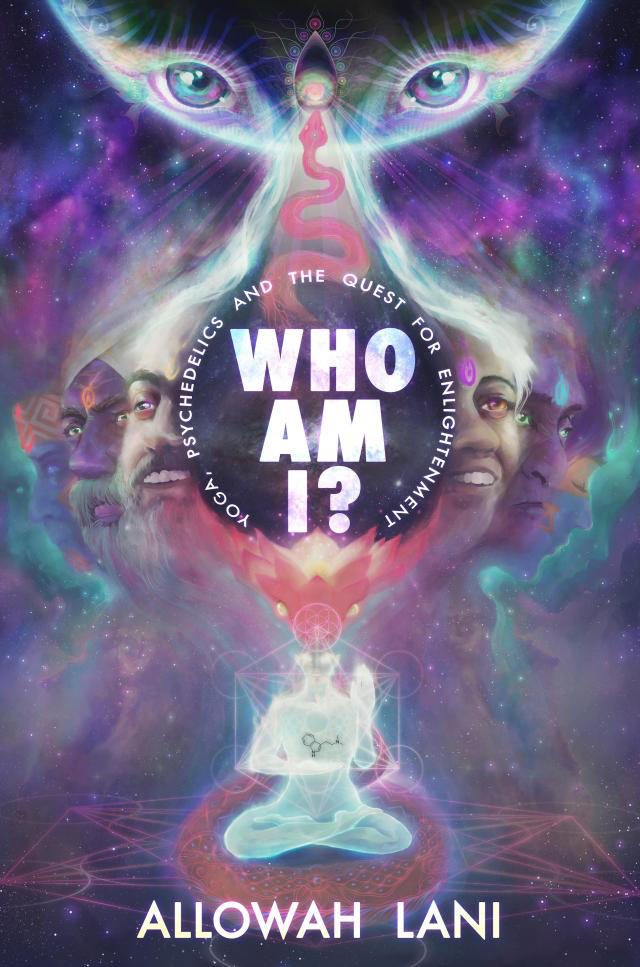ACIM Text Reading for October 31
Manual for Teachers
28. What Is the Resurrection?
Very simply, the resurrection is the overcoming or surmounting of death. It is a reawakening or a rebirth; a change of mind about the meaning of the world. It is the acceptance of the Holy Spirit’s interpretation of the world’s purpose; the acceptance of the Atonement for oneself. It is the end of dreams of misery, and the glad awareness of the Holy Spirit’s final dream. It is the recognition of the gifts of God. It is the dream in which the body functions perfectly, having no function except communication. It is the lesson in which learning ends, for it is consummated and surpassed with this. It is the invitation to God to take His final step. It is the relinquishment of all other purposes, all other interests, all other wishes and all other concerns. It is the single desire of the Son for the Father.
The resurrection is the denial of death, being the assertion of life. Thus is all the thinking of the world reversed entirely. Life is now recognized as salvation, and pain and misery of any kind perceived as hell. Love is no longer feared, but gladly welcomed. Idols have disappeared, and the remembrance of God shines unimpeded across the world. Christ’s face is seen in every living thing, and nothing is held in darkness, apart from the light of forgiveness. There is no sorrow still upon the earth. The joy of Heaven has come upon it.
Here the curriculum ends. From here on, no directions are needed. Vision is wholly corrected and all mistakes undone. Attack is meaningless and peace has come. The goal of the curriculum has been achieved. Thoughts turn to Heaven and away from hell. All longings are satisfied, for what remains unanswered or incomplete? The last illusion spreads across the world, forgiving all things and replacing all attack. The whole reversal is accomplished. Nothing is left to contradict the Word of God. There is no opposition to the truth. And now the truth can come at last. How quickly will it come as it is asked to enter and envelop such a world!
All living hearts are tranquil with a stir of deep anticipation, for the time of everlasting things is now at hand. There is no death. The Son of God is free. And in his freedom is the end of fear. No hidden places now remain on earth to shelter sick illusions, dreams of fear and misperceptions of the universe. All things are seen in light, and in the light their purpose is transformed and understood. And we, God’s children, rise up from the dust and look upon our perfect sinlessness. The song of Heaven sounds around the world, as it is lifted up and brought to truth.
Now there are no distinctions. Differences have disappeared and Love looks on Itself. What further sight is needed? What remains that vision could accomplish? We have seen the face of Christ, His sinlessness, His Love behind all forms, beyond all purposes. Holy are we because His Holiness has set us free indeed! And we accept His Holiness as ours; as it is. As God created us so will we be forever and forever, and we wish for nothing but His Will to be our own. Illusions of another will are lost, for unity of purpose has been found.
These things await us all, but we are not prepared as yet to welcome them with joy. As long as any mind remains possessed of evil dreams, the thought of hell is real. God’s teachers have the goal of wakening the minds of those asleep, and seeing there the vision of Christ’s face to take the place of what they dream. The thought of murder is replaced with blessing. Judgment is laid by, and given Him Whose function judgment is. And in His Final Judgment is restored the truth about the holy Son of God. He is redeemed, for he has heard God’s Word and understood its meaning. He is free because he let God’s Voice proclaim the truth. And all he sought before to crucify are resurrected with him, by his side, as he prepares with them to meet his God.
***
ACIM Workbook Lesson for October 31
Lesson 302
Where darkness was I look upon the light.
Father, our eyes are opening at last. Your holy world awaits us, as our sight is finally restored and we can see. We thought we suffered. But we had forgot the Son whom You created. Now we see that darkness is our own imagining, and light is there for us to look upon. Christ’s vision changes darkness into light, for fear must disappear when love has come. Let me forgive Your holy world today, that I may look upon its holiness and understand it but reflects my own.
Our Love awaits us as we go to Him, and walks beside us showing us the way. He fails in nothing. He the End we seek, and He the Means by which we go to Him.
***
ACIM Q & A for Today
Q #451: What is your understanding of, “And they will appear when and where it is helpful for them to do so?”
A: The “they” referred to in the above quote from the manual for teachers are what A Course in Miraclesrefers to as the Teachers of teachers, those who have transcended all worldly limitations and have remembered their Identity perfectly (M.26.2:1,2). From our ego-based perspective as figures in the dream, they would seem to be other figures in the dream who have awakened, such as Jesus. However, we must remember that we are the dreamer of the dream, not the figure in the dream, and so it would be more accurate to say that such Teachers are symbols within our dream of the Answer, pure manifestations of the Holy Spirit — egoless thoughts that remind us of the truth of ourselves. The thought behind each such symbol is abstract, but the form they may appear to take will be whatever form our own mind gives to them that allows us to hear the message of correction without increasing our fear. And so, while we still believe we are separate, they will also seem to us to be separate (T.25.I.5:1), because that is what will be least threatening and most helpful to us. The form could be an intuition, an inner voice, a book, music, a person, etc. The specific form is always irrelevant to the purpose. All that matters is the message of love, which will be a reminder to ourselves to forgive, regardless of the form it appears to take.
Q #452: Since everything is purpose and not form, is it possible that we can be guided to scream loudly at someone and it can be coming from the content of love?
A: Yes, we can be guided by love to yell at someone. If we are identified with love and our ego is not involved at all, then the love would be expressed in whatever form would be appropriate in the situation. The key, though, is to get our egos out of the way, which is not that easy to do. The ego is very shrewd and deceptive, and always wants nothing more than to perpetuate its own existence, but make it appear as though something else is going on. So, often it disguises itself in the form of love and concern, which in many cases is but a means used to justify attack. We all have had the experience of realizing much later that what we thought was a right-minded interaction was only a veiled attack. So we must exercise extreme caution with this kind of approach. With much practice, we can become familiar with our favorite means of self-deception, and then we can be more alert to the kinds of traps we are apt to fall into.
Surely, there are many people who can be reached only by being yelled at — adolescents and immature young adults being prime examples. But proceed with caution! The ego will seize any opportunity to unload guilt and hatred onto someone else and make it look as if it is a charitable act.





